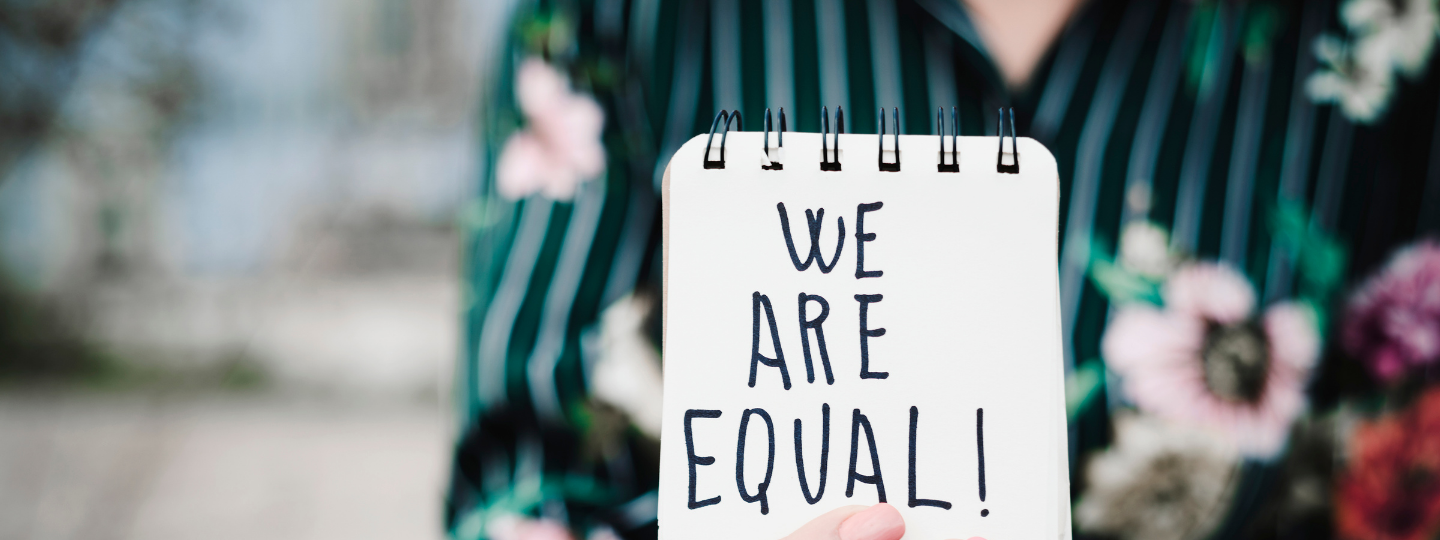Over the lockdown restrictions, we were asked to stay at home where possible. This was really challenging if home was not somewhere safe.
Domestic violence can happen in any type of relationship, no matter what your age, gender or sexuality. It can also happen in any family, regardless of culture, status or financial situation.
If you have experienced domestic violence you are not alone. One study by the National Crime Council has shown 15% of women and 6% of men in Ireland have been subjected to domestic abuse.
Domestic violence is not your fault, and help is available. Both local and national services are still open and offering support, despite the pandemic.
In this article you will find:








